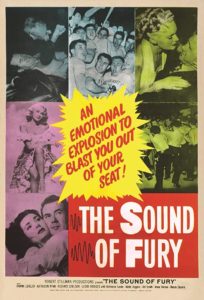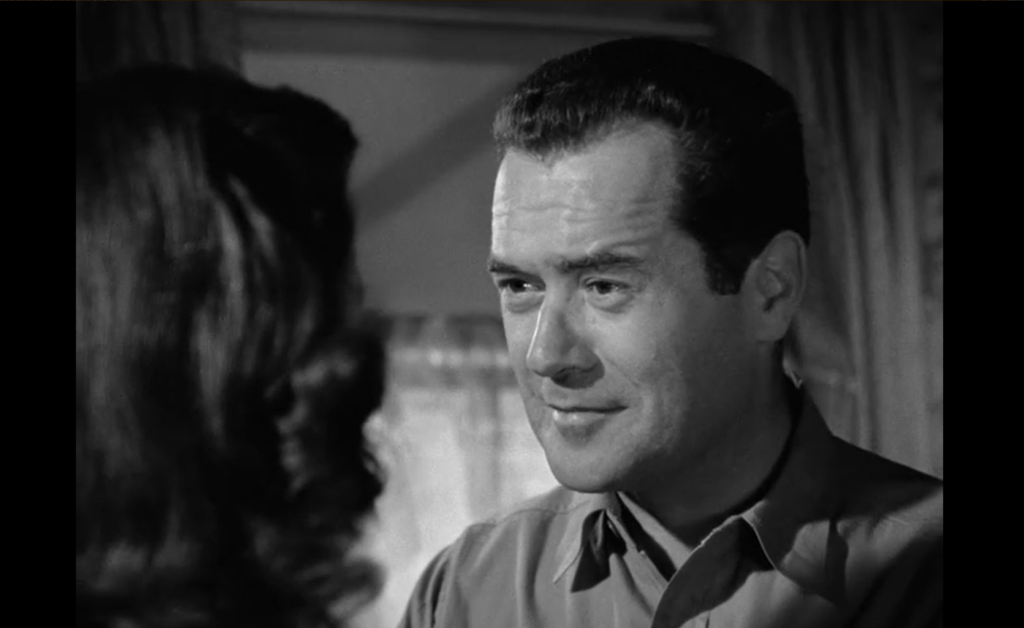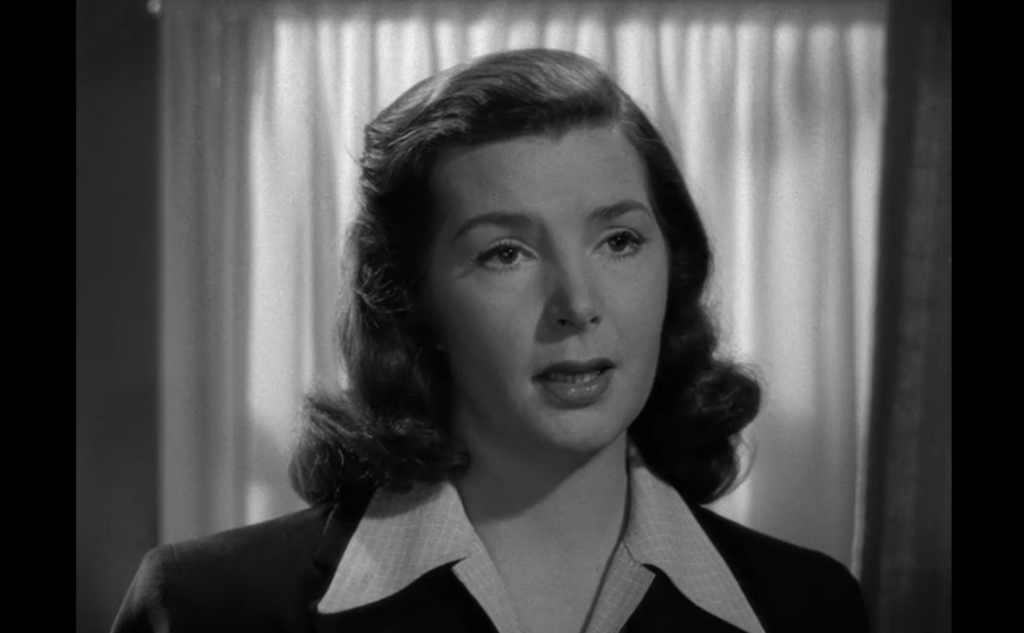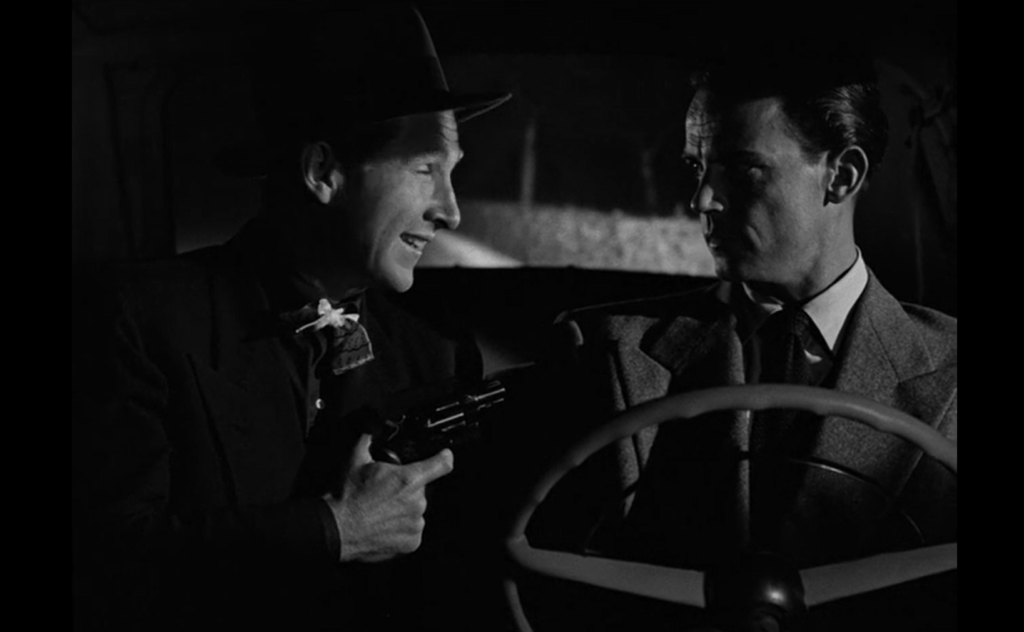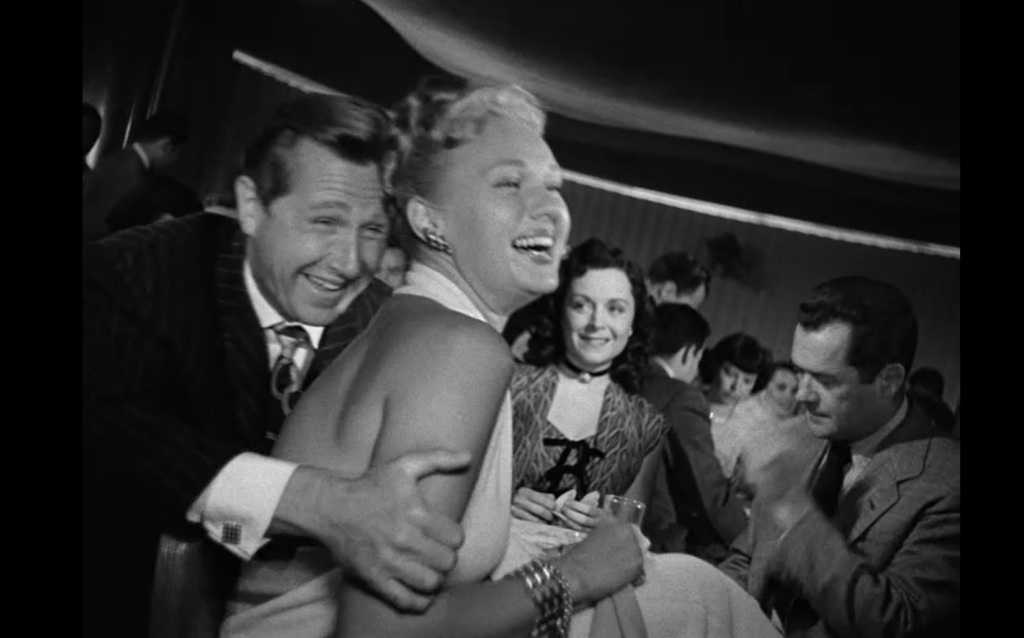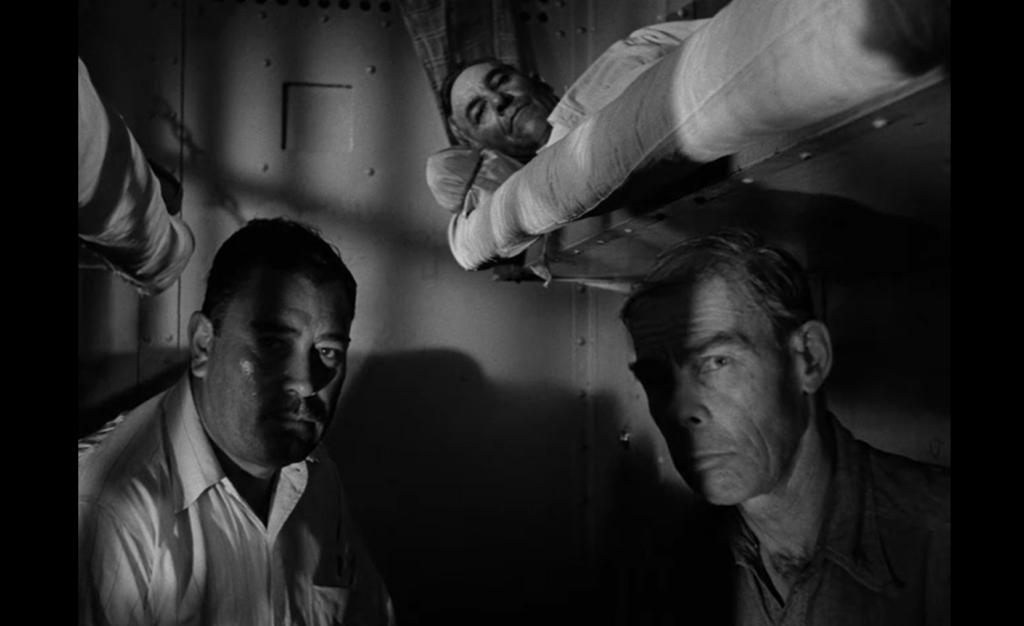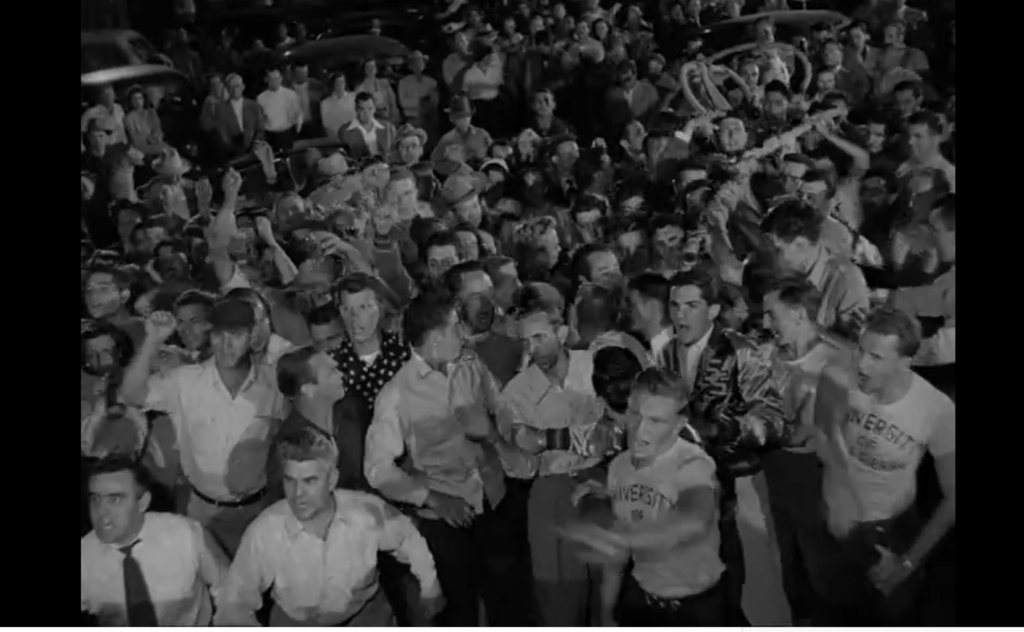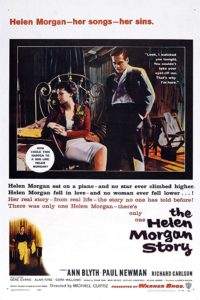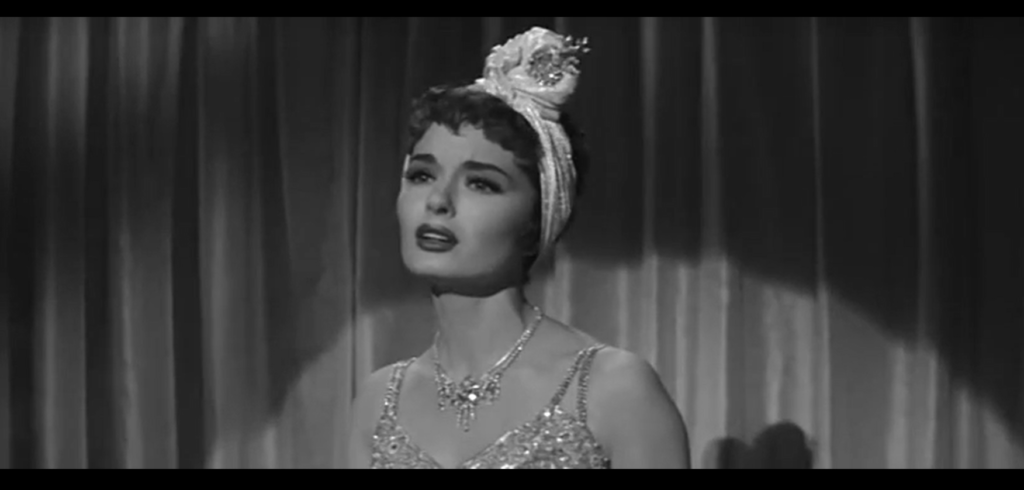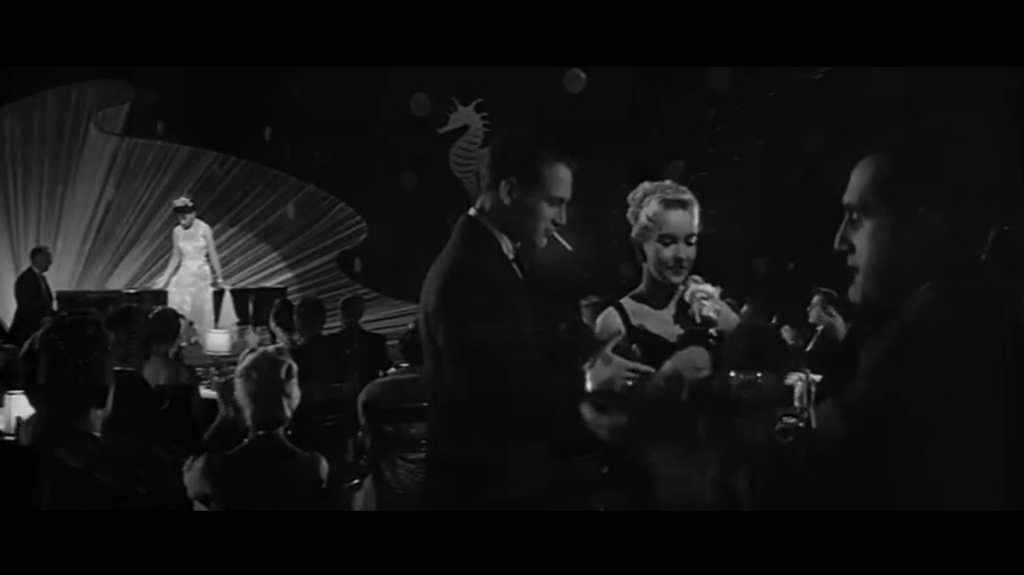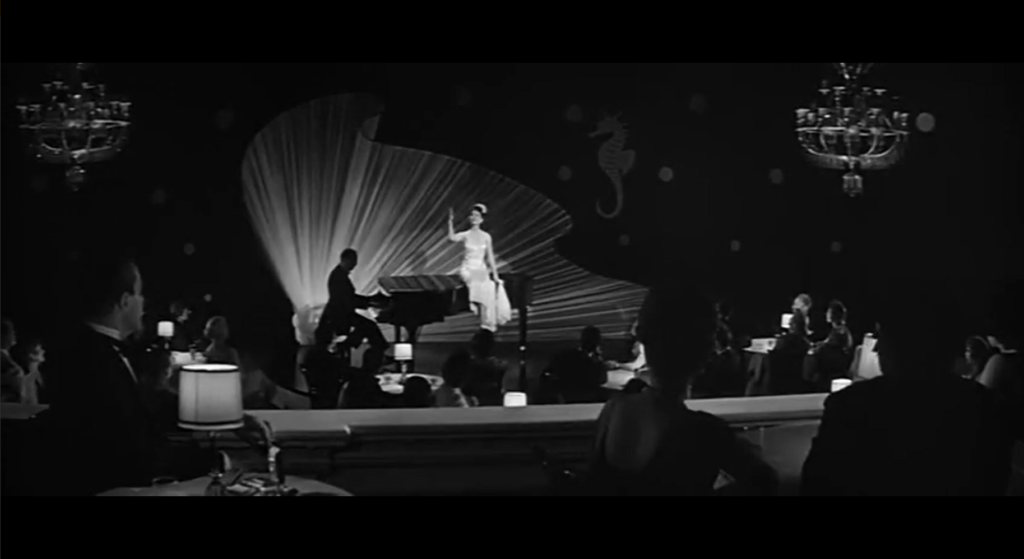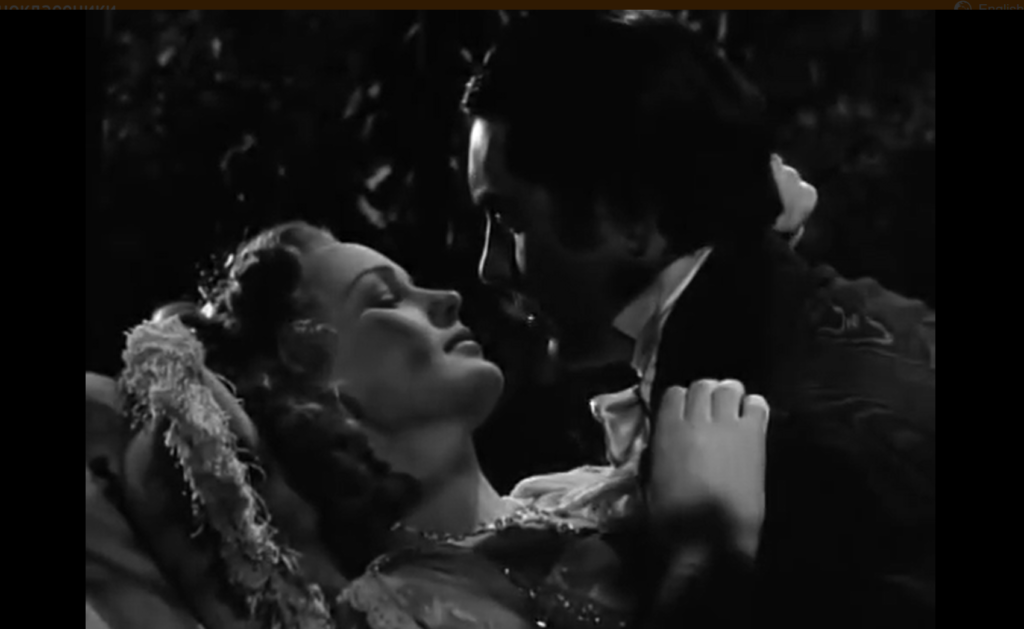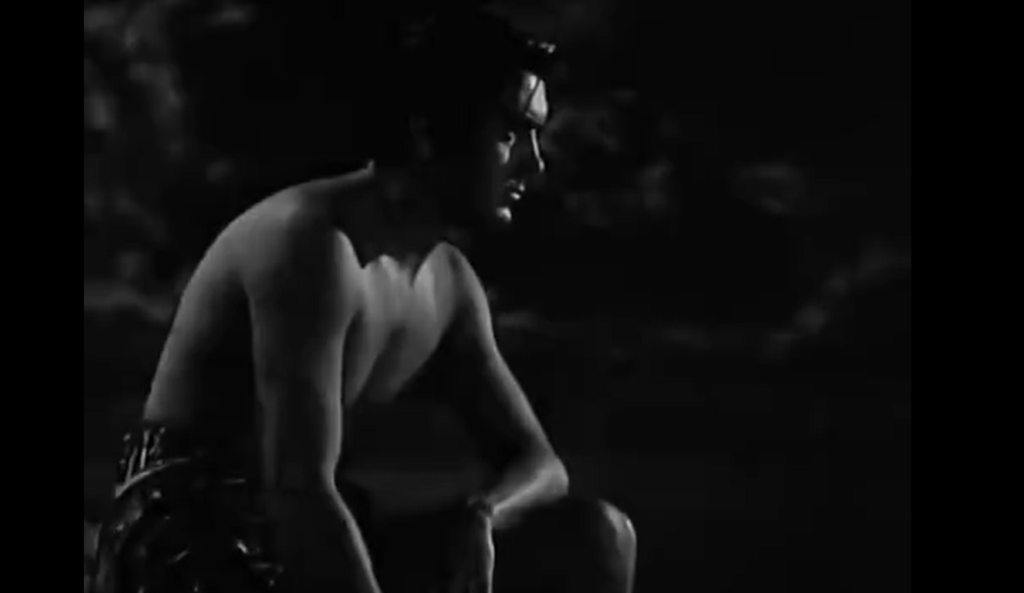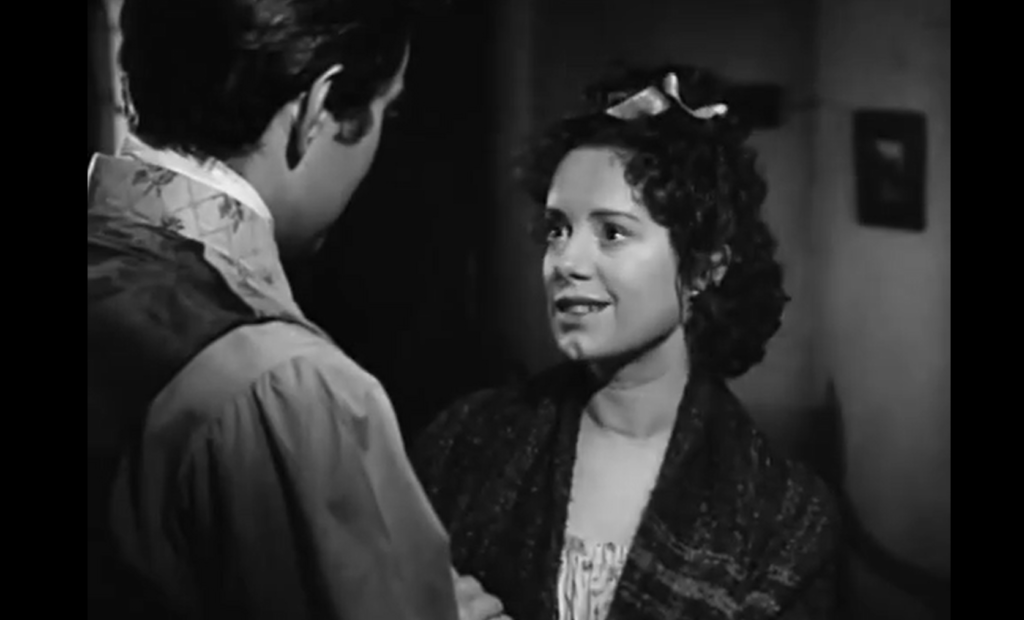|

Synopsis:
When a salesman (Alec Guinness) is told by his doctor (Ronald Simpson) that he has a terminal disease, he decides to spend his last days and money at a posh hotel, where he unintentionally convinces everyone he’s actually a wealthy, well-bred traveler. He confides his true identity to the head housekeeper (Kay Walsh) while engaging in flirtation with the wife (Beatrice Campbell) of a young criminal (Brian Worth), and receiving countless offers for advice and work.
|
|
Genres, Themes, Actors, and Directors:
- Alec Guinness Films
- Black Comedy
- Character Arc
- Class Relations
- Death and Dying
- Mistaken or Hidden Identities
- Vacation
Review:
After providing notable supporting performance in Great Expectations (1946) and Oliver Twist (1948), Alec Guinness had a breakthrough (set of) roles as “the D’Ascoynes” in Kind Hearts and Coronets (1949), followed shortly by his leading work here as an unassuming man dealing with the shock of unexpected news. Much like in The Man Who Could Work Miracles (1936), the film holds inherent interest given our curiosity in seeing how an “average” person reacts to life-altering information about his existence: what will he do now?
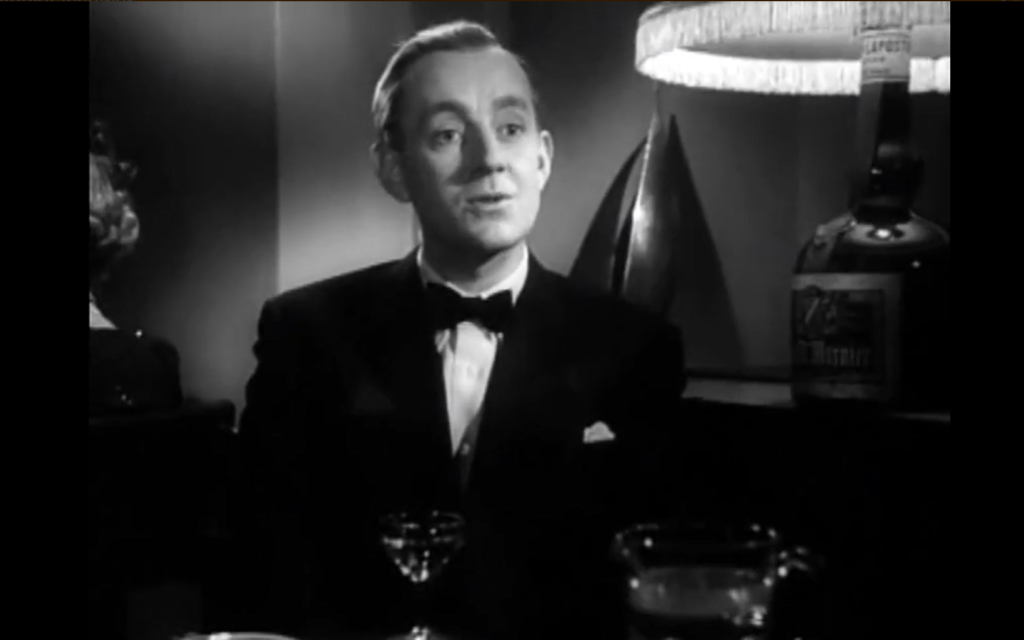
Scripted by the prolific British novelist, playwright, screenwriter, producer, broadcaster, and social commentator J.B. Priestley, the storyline goes in unexpected directions while effectively skewering class expectations, and demonstrating the almost inconceivable power that lies in simply knowing the “right” people and being in the “right” places. Though I’m not a fan of the film’s twist ending, that’s a minor quibble, and the movie overall remains very much worth a look.
Redeeming Qualities and Moments:
- Ray Elton’s cinematography
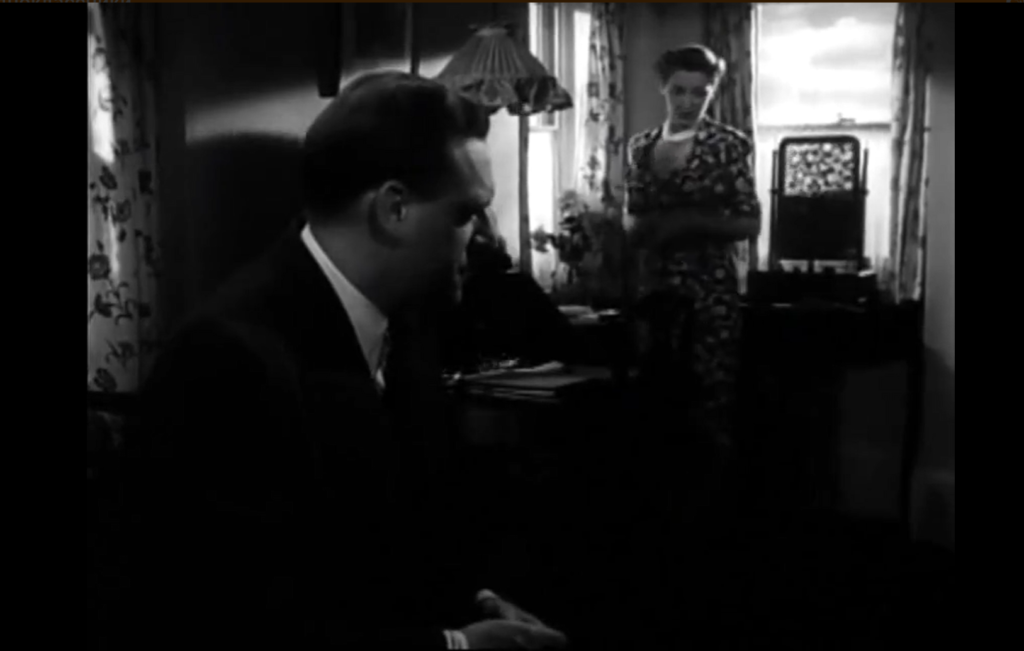
- A provocative storyline

Must See?
Yes, as an overall good show.
Categories
Links:
|
